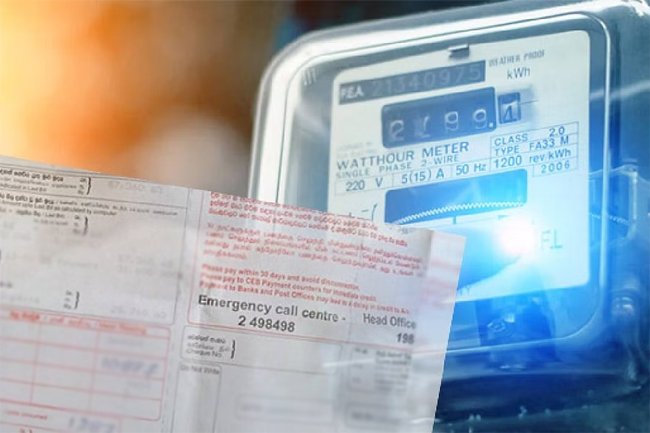Sri Lanka, with its strategic location in South Asia and a well-educated workforce, has long attracted attention as a potential business hub. But how easy is it to actually start and run a business in the island nation?
The Ease of Doing Business in Sri Lanka, as per the World Bank’s Doing Business 2020 report, ranked 99th out of 190 economies, with an overall score of 61.8. While this shows promise, there are clear areas for improvement that both local and foreign investors should be aware of.
Understanding the Rankings
The World Bank’s report evaluates several key indicators that reflect the regulatory environment of each country. Let’s break down Sri Lanka’s performance:
Indicator Rank (out of 190) Score (%)
Starting a Business 85 88.2
Dealing with Construction Permits 66 70.1
Getting Electricity 89 76.0
Registering Property 138 51.9
Getting Credit 132 40.0
Protecting Minority Investors 28 72.0
Paying Taxes 142 59.8
Trading Across Borders 93 68.4
Enforcing Contracts 164 41.2
Resolving Insolvency 94 45.0
What’s Working?
- Starting a Business in Sri Lanka
Sri Lanka scored relatively high in the category of starting a business, thanks to improvements in digitizing the registration process. Entrepreneurs can now register a private limited company within a few days through online portals. This reflects positively on government efforts to attract investment and simplify business registration in Sri Lanka.
- Protecting Minority Investors
At 28th in the world, Sri Lanka ranks impressively in protecting minority shareholders, which builds confidence for foreign investors and startups seeking funding through partnerships or stock issuance.
- Dealing with Construction Permits and Electricity
While not among the top performers, Sri Lanka’s rank of 66 in construction permits and 89 in electricity access suggests that infrastructure and service provision are improving gradually.
What Needs Improvement?
- Registering Property
Ranked 138th, this is one of Sri Lanka’s most challenging areas. Transferring property titles remains bureaucratic and time-consuming, often deterring entrepreneurs and foreign investors interested in real estate or manufacturing sectors.
- Getting Credit
Access to business loans and credit facilities is still difficult, especially for small and medium enterprises (SMEs). With a rank of 132, this highlights a pressing need for financial reforms that improve access to funding.
- Paying Taxes
Sri Lanka ranks 142nd in the tax category. Complex filing processes and multiple tax payments burden entrepreneurs. While corporate tax rates may seem moderate, the compliance requirements are time-consuming and inconsistent.
- Enforcing Contracts
With a poor ranking of 164th, enforcing legal contracts remains slow and costly. Disputes often take years to resolve, making it risky for foreign companies considering partnerships or business expansion in Sri Lanka.
Comparison with Regional Peers
Country Ease of Doing Business Rank Score (%)
India 63 71.0
Pakistan 108 61.0
Bangladesh 168 45.0
Sri Lanka 99 61.8
Sri Lanka performs better than Bangladesh and Pakistan in several areas but still trails behind India, which has made aggressive reforms in recent years to become more business-friendly. However, Sri Lanka still has strong potential due to its strategic location, high literacy rate, and urban infrastructure.
The Bigger Picture: Business Opportunities in Sri Lanka

Despite the challenges, Sri Lanka holds untapped potential for entrepreneurs, especially in:
Tourism & Hospitality – With the country reopening post-crises, investment in hotels, eco-resorts, and adventure tourism is rising.
E-commerce & Digital Startups – Internet penetration and smartphone usage have surged, creating demand for tech solutions.
Agri-business & Exports – Value-added exports in spices, coconut, and tea are gaining global traction.
Green Energy & Sustainability – Government incentives are driving solar and wind energy investments.
For those interested in investment in Sri Lanka, aligning with government priorities like digital transformation, renewable energy, and women-led entrepreneurship can offer long-term returns.
The Way Forward
The World Bank has discontinued its Doing Business report, but the insights from the 2020 edition still provide valuable context. The Sri Lankan government now needs to focus on:
- Digitalizing more regulatory services
- Simplifying tax compliance
- Reforming the legal system to speed up contract enforcement
- Improving credit access for startups and SMEs
- If these reforms are implemented, entrepreneurship in Sri Lanka could grow significantly, boosting the economy and attracting international attention.
Final Thoughts
The Ease of Doing Business in Sri Lanka reflects both opportunity and caution. Entrepreneurs, investors, and policymakers must collaborate to bridge the gap between regulation and innovation. With the right reforms and mindset, Sri Lanka has the potential to be a regional hub for business and investment in South Asia.















